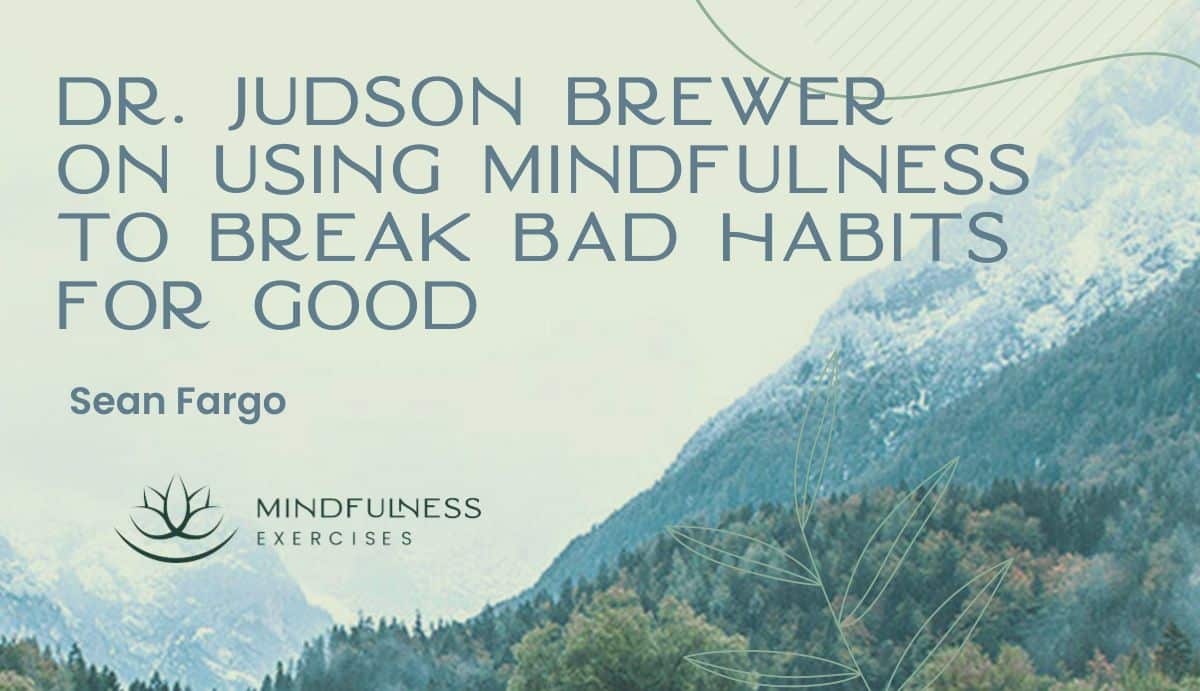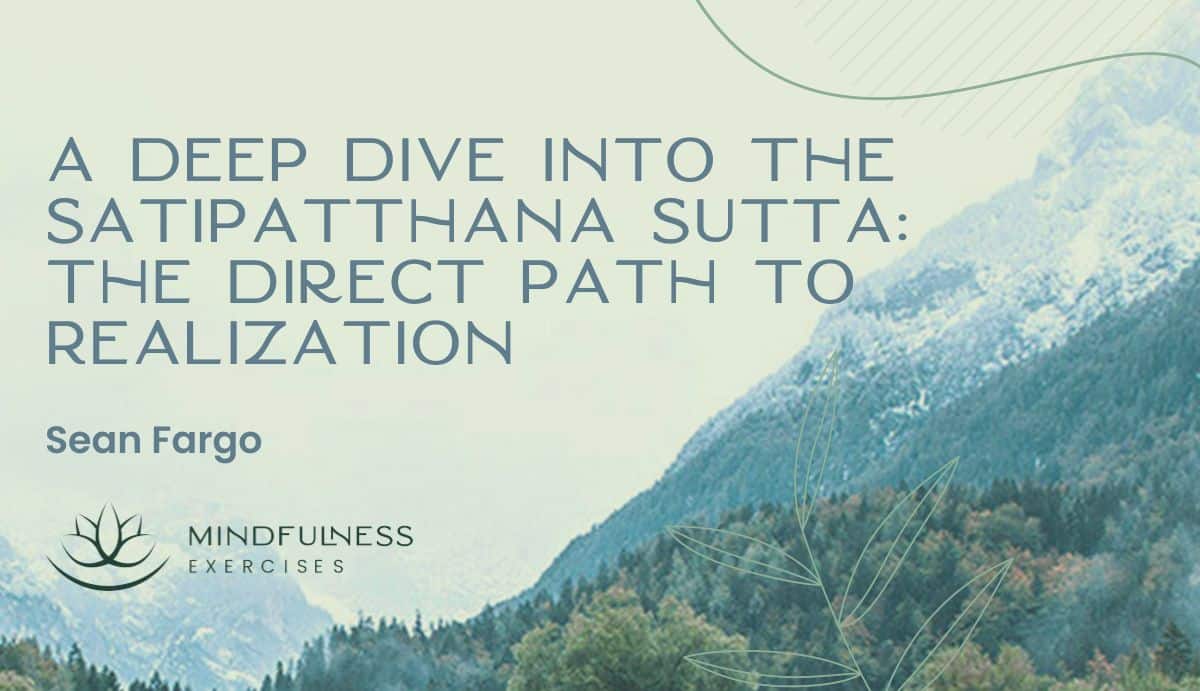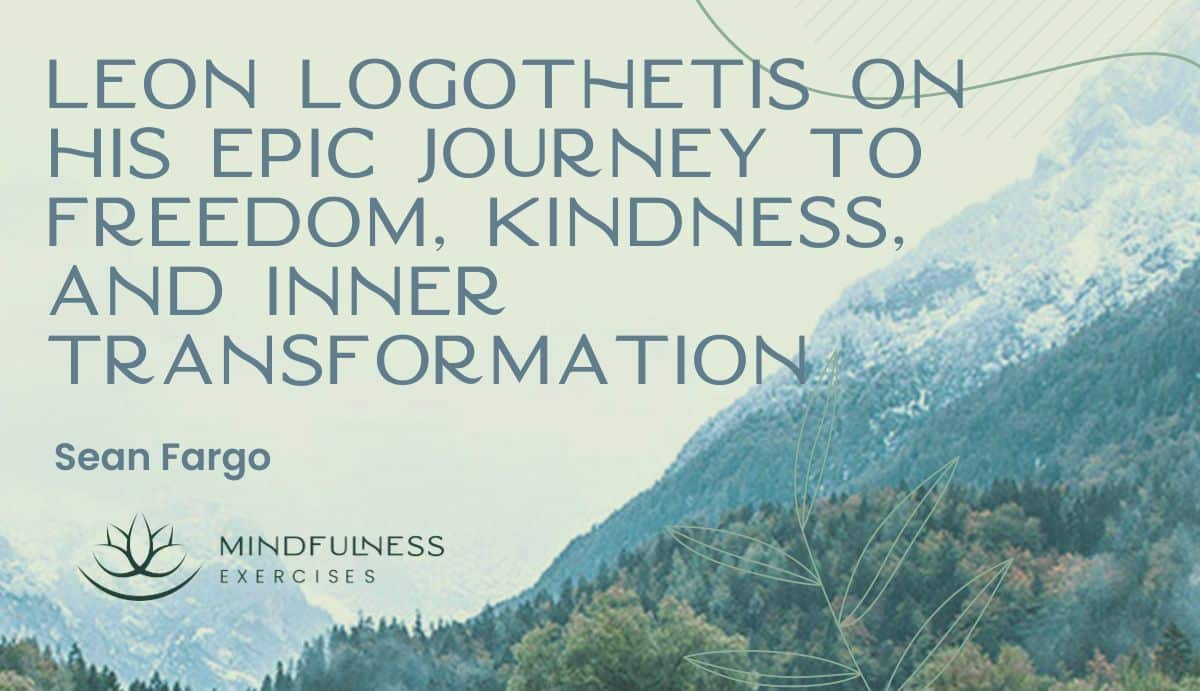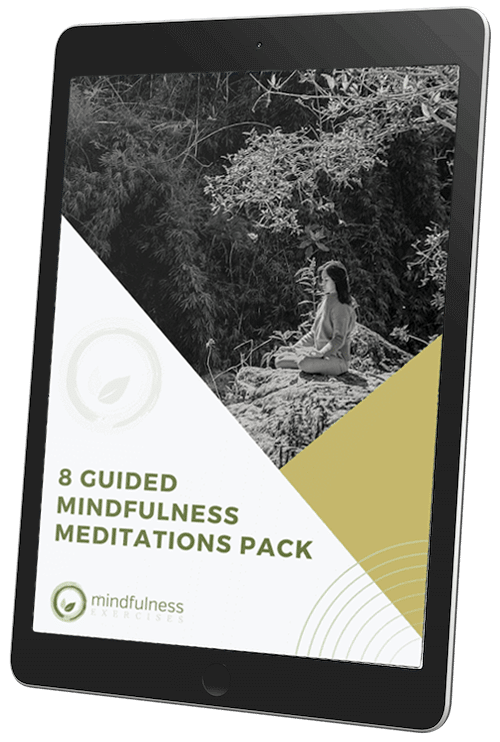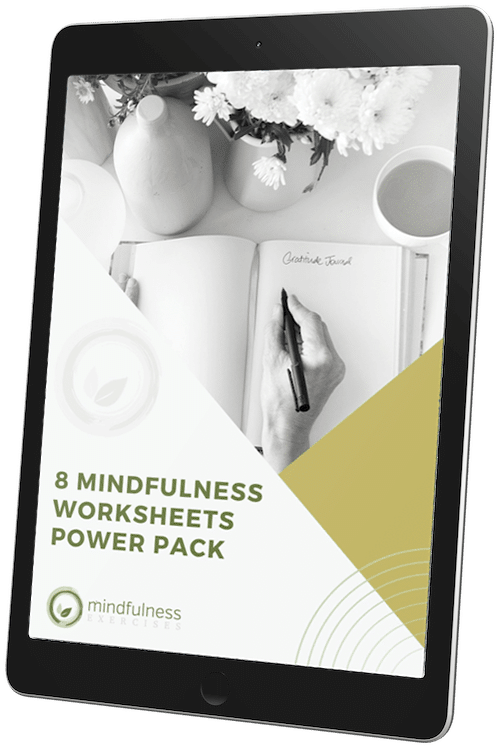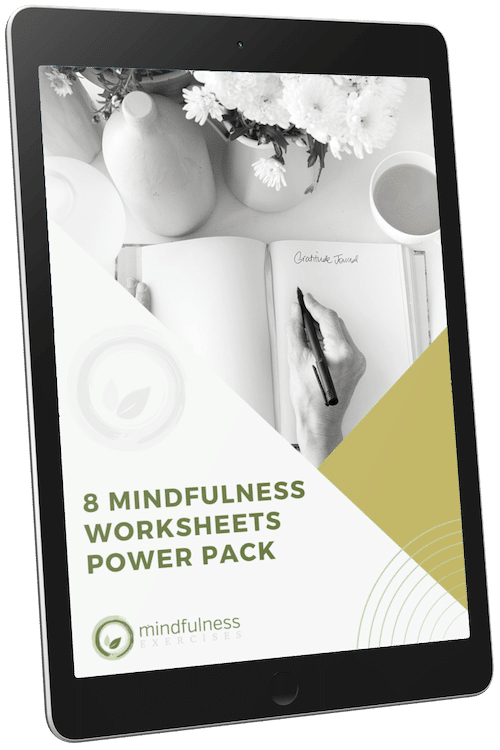Listen now
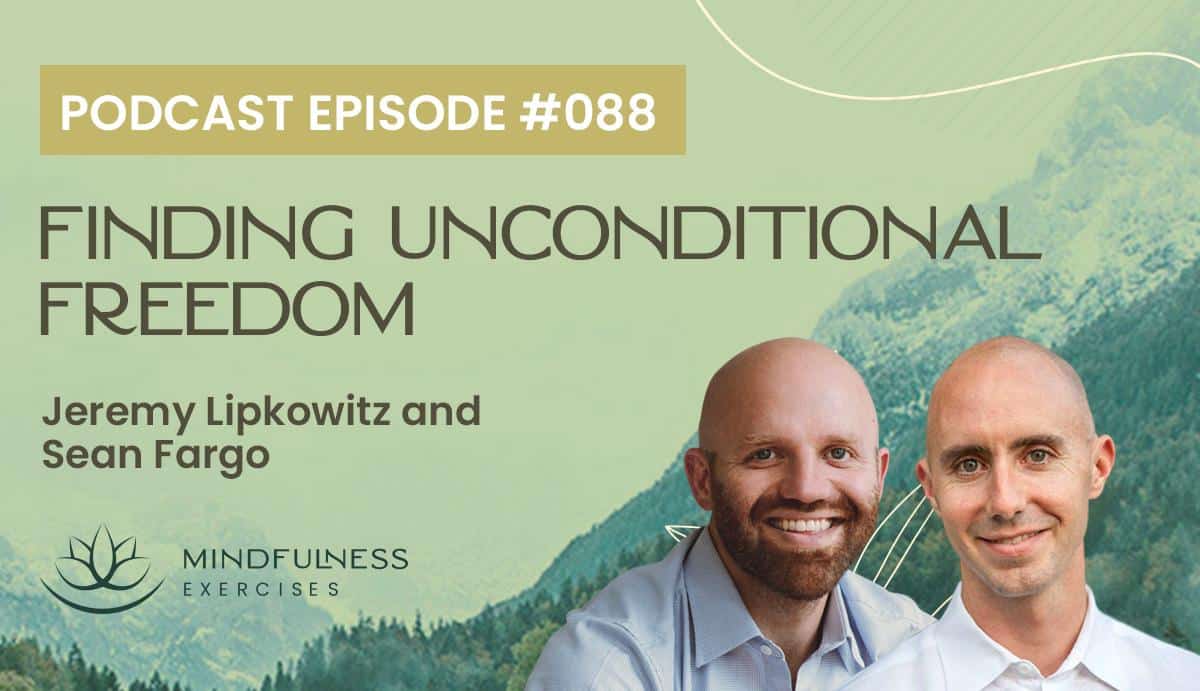
Life has its ups and downs. It’s just not possible to arrange our world so that we only ever experience the highs. The promise of mindfulness meditation is that it can allow us to access contentment anytime, even amidst significant career and life changes, loss, overwhelming emotions, and the many forms of suffering that we, as humans, share.
In this episode, Sean Fargo interviews mindfulness meditation teacher Jeremy Lipkowitz on his experience shifting away from a fixed identity based on unachievable standards. Mindfulness has helped Jeremy connect to a sense of freedom that is not dependent on conditions being just right.
What You’ll Learn in This Episode:
Show Notes & Quotes:
Discovering our purpose via mindful observation
For most of his life, Jeremy identified as an academic. A PhD student, he valued intelligence as supremely important. But as he observed those around him, he saw that academic success didn’t seem to be the cause of happiness. Both Jeremy and Sean share a similar experience. They had all the external markers of success, but internally, both felt that something was missing. Recognizing this misalignment triggered them to question their path.
“That’s something that I recognized within myself, that as successful as I was with all of my external endeavors, whether it was academics, sports, or anything external, I wasn’t actually feeling happy inside. And so that was one of the big drivers of me deciding to leave (academia) was realizing, ‘Hey, this is not actually leading me in a direction I want. It’s not leading me to greater happiness or greater inner peace.”
Navigating career change and the subsequent loss of identity
After making the decision to change careers and become a mindfulness teacher, Jeremy worked for a while as the manager of a donut shop. Although his ego struggled at first, the transition was made easier as he clarified his values. He credits his mindfulness practice with helping him develop this insight.
“Leaving the sciences wasn’t hard. But the identity, the ego, did crop up a number of times, where I had to reinvent and say, ‘Okay, if I’m not identifying with being a smart, intelligent person at a prestigious university, how am I going to identify? What is it that I’m putting my value as a human being on?’ And what I realized is, it was more around my values and how I was showing up and the things that I cared about - compassion, patience, being a good listener, smiling at people, giving that warmth of spirit to others, being of service - so there were so many things that I could focus on that were more important, and that really helped me. But it was a struggle because I was so identified with ‘Yes, I’m an intelligent, smart person.’”
The profound effect of meditation retreats
Jeremy completed his first vipassana, or insight, retreat in India at the age of 25. The 10-day experience was so profound, he began to do retreats every 6-7 months. After approximately 8 years of consistent practice, including many meditation retreats, he chose to take monk’s vows to further enhance his retreat experience.
“I decided to go on a month-long retreat in Burma. And at this month-long silent retreat you had the possibility to do a temporary ordination. And so for me, it wasn’t like I was deciding, ‘Oh okay, I really want to be a monk for the rest of my life,’ it was more knowing how important this practice of insight meditation and Buddhist philosophy and all of it was. It was more something that I wanted to experience for a while, but I knew it wasn’t going to be for the rest of my life [...] and in some ways, to intensify the experience of the month-long retreat as well.”
Finding contentment despite challenges
Over the years, Jeremy has completed close to 20 vipassana retreats. Each one has presented him with challenges, but also with deep insights that have significantly improved his sense of well-being. Perhaps one of the most significant is the realization that it’s possible to experience profound contentment in the simplest of things. We don’t need much to be happy.
“There’s one moment that just stands out to me. I was at Spirit Rock for a retreat, and I was sitting outside [...] and I just had a cup of tea and I remember just stirring the tea and hearing the clink of the spoon against the tea cup and there was just this simplicity, this peacefulness. [...] Most of my life I had been chasing so much. Chasing pleasure, chasing excitement, chasing all the extremes - money, status, fame - and none of it was actually making me happy. But this contentment you can find in just sitting and enjoying a cup of tea. [...] It can be so beautiful to have those reminders that happiness and contentment and fulfillment isn’t some far off thing. It can be right here, within you, if you know how to stop chasing things.”
Learning to befriend and accept challenging emotions
A big part of Jeremy’s mindfulness journey has been deconstructing his stories around lust. On retreat, he was able to witness lust arising and see how painful those stories could be. By learning how to befriend and accept lust, rather than suppressing or fighting it, he was able to find freedom from his pain. He now helps others do the same, with his podcast and course, Unhooked. This process of befriending works for other challenging emotions as well.
“I remember learning how to befriend my lust rather than to try to repress it and say, ‘Oh lust is bad, go away, I’m supposed to be a peaceful monk. I cannot feel this.’ But instead, just learning how to accept it and say, ‘Oh, lust is here again,’ or, ‘My old friend, lust, sit with me for a while.’ [...] Whether it’s sadness, grief, anxiety, anger, all of these things, you can learn how to be with it and say, ‘Oh, my old friend anger,’ or ‘My old friend, insecurity,’ and it just makes the experience so much more - beyond manageable - it makes it a fulfilling moment to actually be with a strong emotion and not push it away.”
Connecting to unconditional freedom
Buddhism describes eight worldly winds with which we are typically preoccupied; praise and blame, pleasure and pain, gain and loss, fame and an ill reputation. It’s a mistake to think that our happiness is dependent on achieving the four positives of these pairs, while avoiding the four negatives. Of all the things we learn from the practice of mindfulness, perhaps the most freeing is that we can actually be content regardless of our current conditions.
“All of our happiness is so conditional. You know, as long as I have this much money and this kind of partner and people are treating me this way. Happiness is conditioned on things being the way we want them to be, and it’s a very fragile kind of happiness. We need everything to be just the way we want it, and it can’t be anything other than that or otherwise, we’re unhappy. And the promise of vipassana, the promise of mindfulness and meditation is this unconditional freedom. That it doesn’t matter what’s going on in your external life. You can experience that freedom and that fulfillment from within.”
Additional Resources:
This podcast is brought to you by the Mindfulness Meditation Teacher Training Program. Learn more about this unique, online, self-paced certification program at mindfulnessexercises.com/certify
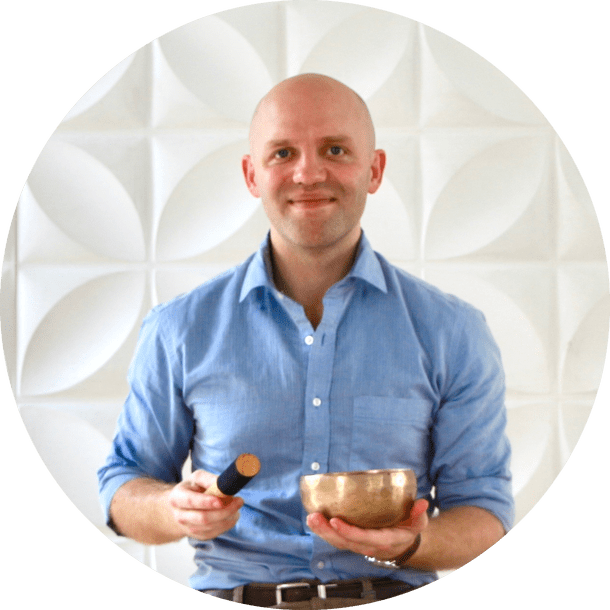
About Jeremy Lipkowitz:
Jeremy Lipkowitz is a mindfulness meditation teacher and executive coach who overcame addiction, shame, self-judgment, and depression in his early twenties with the help of mindfulness meditation. He credits the practice not only with helping him let go of destructive behaviors but allowing him to connect with deeper meaning and purpose in his life.
Jeremy is a fully certified Co-Active Coach through the International Coaching Federation (ACC) and a Certified Teacher with the Search Inside Yourself Leadership Institute, a mindfulness-based emotional intelligence program initially developed at Google. He also spent time living and training as a fully-ordained Buddhist monk in Myanmar.
For the past 10 years, he has been teaching mindfulness and emotional intelligence practices at universities, recovery centers, and companies throughout Asia and the US. He is also a senior teacher for Mindfulness Exercises and the Connect mindfulness community.
His classes, courses, podcast and coaching combine his science-based expertise with the desire to help others discipline their minds and achieve genuine inner peace and fulfillment.

